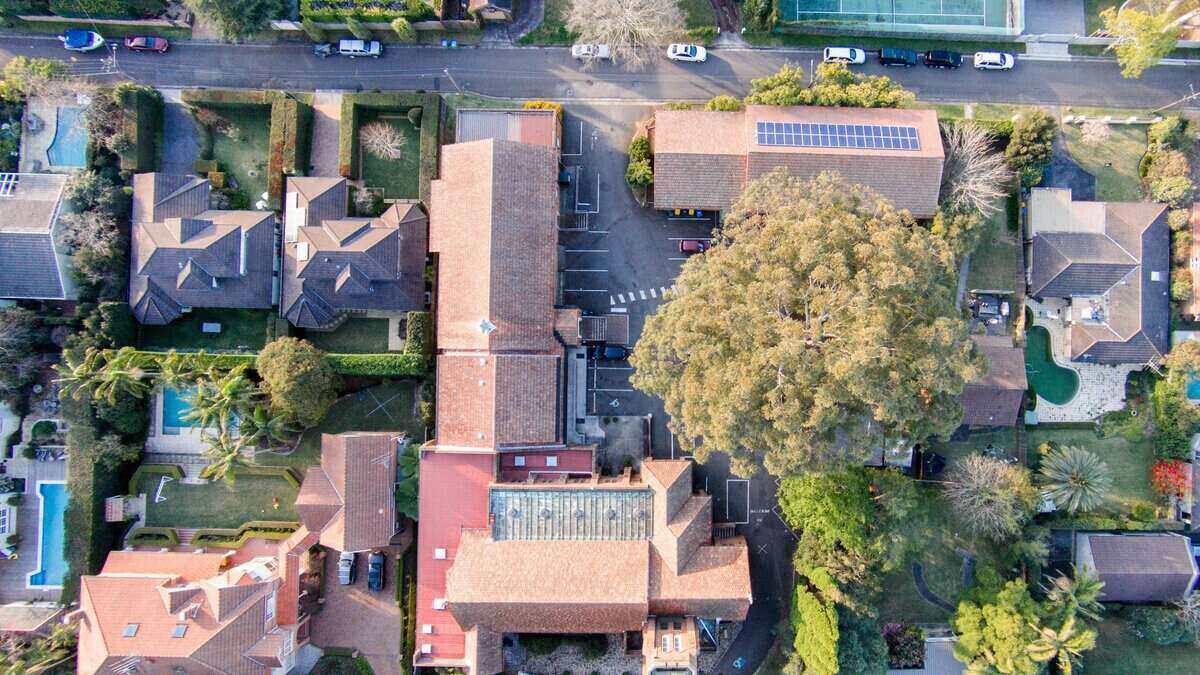The bank revised its position on Thursday afternoon following the release of official employment data.
Jobs figures showed the unemployment rate held steady at 4.1% in October, a figure widely expected by the markets.
However, it challenges the RBA's forecast of employment increasing to 4.3% in the fourth quarter of 2024.
NAB economists said tight labour market conditions will delay the Reserve Bank of Australia's cash rate cut until May 2025.
How are jobs linked to inflation?
A stronger labour market can fuel inflationary pressures with more people in employment contributing to consumer spending and higher wages.
The RBA board has repeatedly said it will not cut the cash rate until inflation is sustainably within its target band of 2% to 3%.
Last month, headline inflation came in at 2.8% for the September quarter, although underlying inflation remains outside the target zone at 3.5%.
NAB expects the Reserve Bank will be concerned about upside risks to inflation with stalled cooling of the labour market.
NAB says cash rate cuts may be further delayed
While the other big three banks are in agreement a cash rate cut will come in February, NAB had been the outlier, forecasting a cut in the first quarter of 2025.
It has now reverted to its earlier forecast of a rate cut in May 2025, with one cut per quarter to take the rate to 3.10% by mid-2026.
The cash rate has been at 4.35% for the past year and has not seen a cut since November 2020.
NAB economists noted there are only two more employment prints and one quarterly CPI reading before the RBA's first meeting for 2025 in February.
"Given the data flow to date, it now looks unlikely the RBA will have enough confidence in the trajectory of inflation by then," NAB analysts said.
"There is a real risk that policy rates say on hold even deeper into 2025."
What will it mean for homeowners?
Homeowners hanging on for interest rate cuts will be disappointed in the latest forecast.
New figures from credit ratings agency Moody's found home loan arrears rates increased in every Australian state and territory in the year to May 2024.
Delinquency rates measure the percentage of home loans where borrowers are more than 30 days overdue on their scheduled repayments.
While arrears rates rose across the board, they were more acute in Tasmania (2.43%), Victoria (2.47%), and the Northern Territory (3.7%).
Moody's analysts weren't convinced a cut in interest rates in 2025 would have much effect in the short term.
"It will take time for stretched household finances to recover from the strain of high interest rates over the past few years," analyst Letitia Wong said.
Moody's expects mortgage delinquency rates will continue to rise around the country over the next 12 months.
Advertisement
Buying a home or looking to refinance? The table below features home loans with some of the lowest interest rates on the market for owner occupiers.
Image by Look Studio via Unsplash






 Denise Raward
Denise Raward
 Harry O'Sullivan
Harry O'Sullivan


 Alex Brewster
Alex Brewster

